Foreign Minister Emil Hurezeanu participated on Saturday in the ceremony marking the 40th anniversary of the establishment of the Schengen Area, which also saw the reopening of the renovated European Schengen Museum and of the restored Princesse Marie-Astrid Europa ship, on which the signing ceremony of the landmark Schengen Agreement took place, the Foreign Ministry said in a release.
The ceremony was organized in the town of Schengen - Grand Duchy of Luxembourg.
Hurezeanu attended the event at the invitation of Xavier Bettel, Luxembourg's Deputy Prime Minister, Minister of Foreign Affairs and Foreign Trade, and Minister of Development Cooperation and Humanitarian Affairs.
The Romanian top diplomat emphasized on this occasion the historical importance of Romania's Schengen membership and its role in strengthening the cohesion, unity and resilience of the European project, pointing out that it is the first anniversary for Romania as a full-fledged Schengen member state, following the completion of its accession process on January 1, 2025.
Hurezeanu also referred to the special bond between Romania and the Grand Duchy of Luxembourg during our country's European journey, including the fact that the signing of the Treaty on Romania's Accession to the European Union took place in Luxembourg 20 years ago, and the historic moment was marked in April of this year.
The Romanian official also highlighted the importance of the Schengen Area for protecting freedoms and increasing the prosperity of European citizens, as well as the common responsibility to protect free movement and strengthen European internal security, an approach Romania will continue to actively support as a Schengen member state.
The Schengen Area project was initiated in 1985, when Belgium, France, Germany, Luxembourg and the Netherlands signed the Schengen Agreement on board the Princesse Marie-Astrid, on the Moselle River, a territory shared by Luxembourg, Germany and France, and a powerful symbol of European cooperation, the Foreign Ministry shows.
This initiative was a response to the developments of the Cold War and reflected the desire of European states to overcome divisions and promote peace and unity so much needed in the period after the Second World War.
Currently, the Schengen is the largest area of freedom, security and justice in the world, comprising 29 states - 25 EU member states and 4 non-EU countries: Iceland, Norway, Switzerland and Liechtenstein. Romania and Bulgaria are the most recent additions, with the process being completed on January 1, 2025.

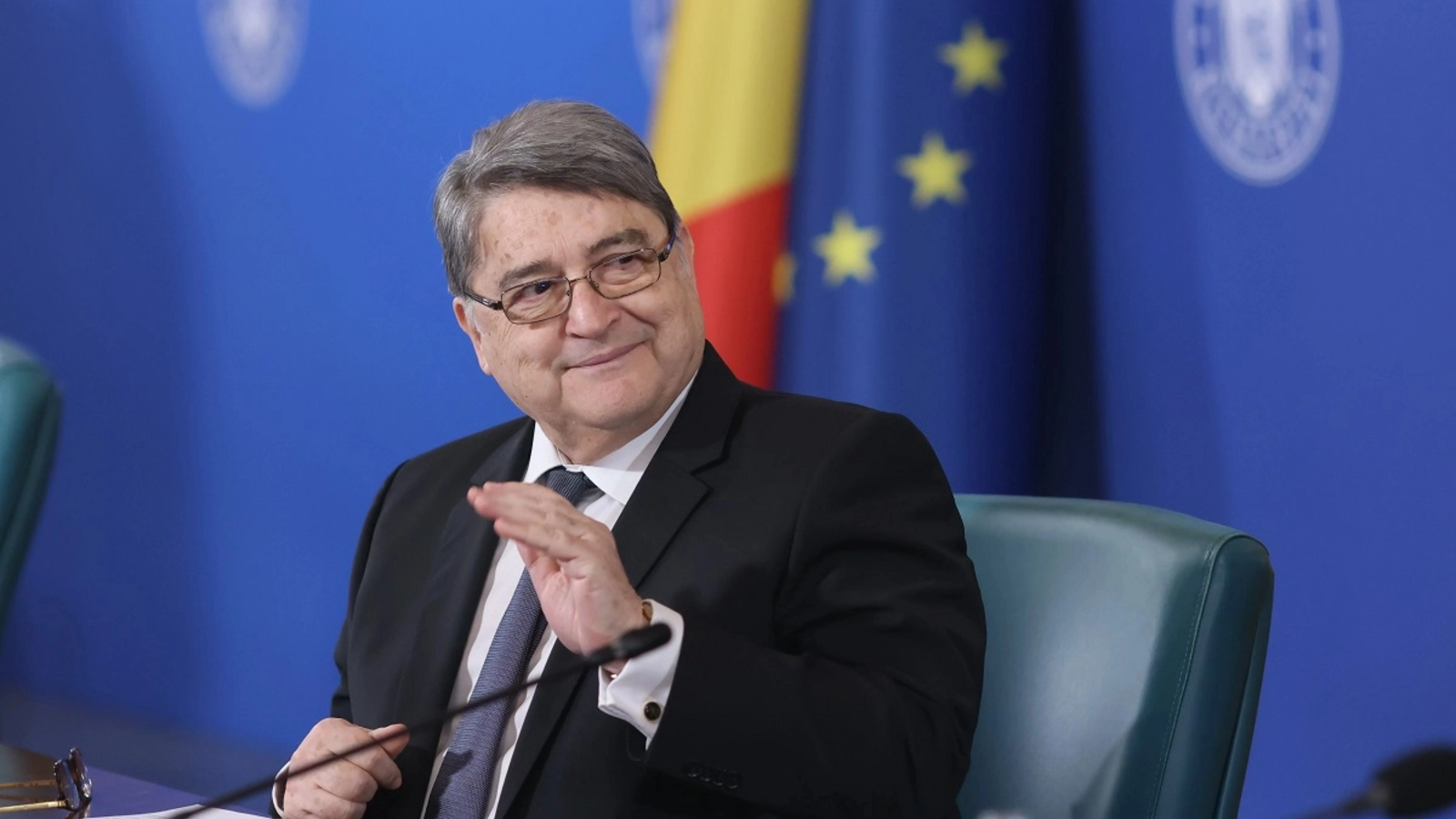

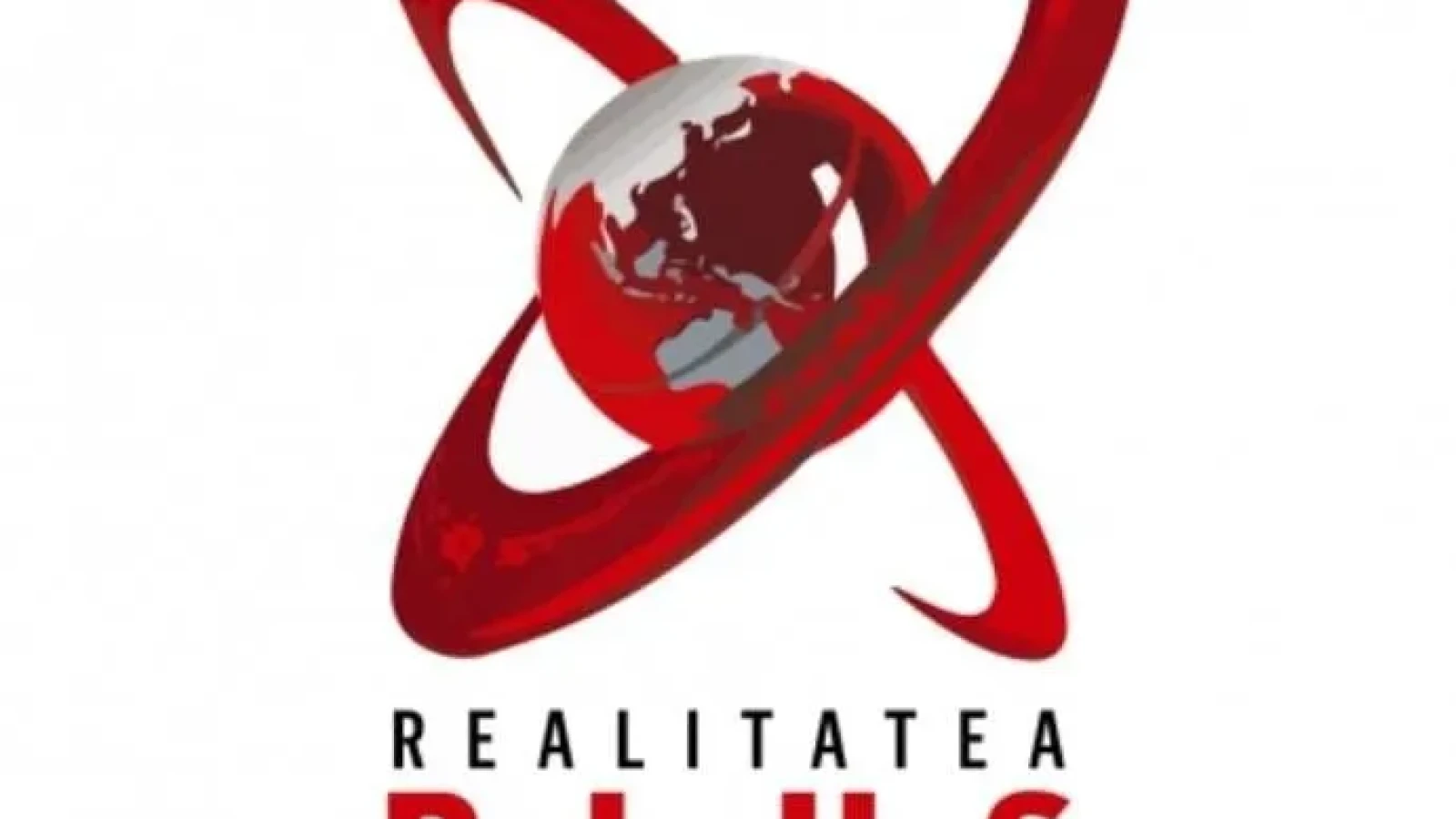

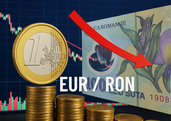


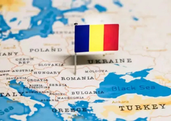




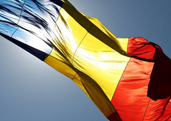

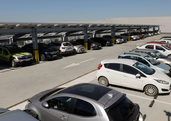

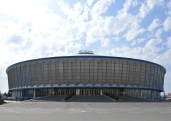


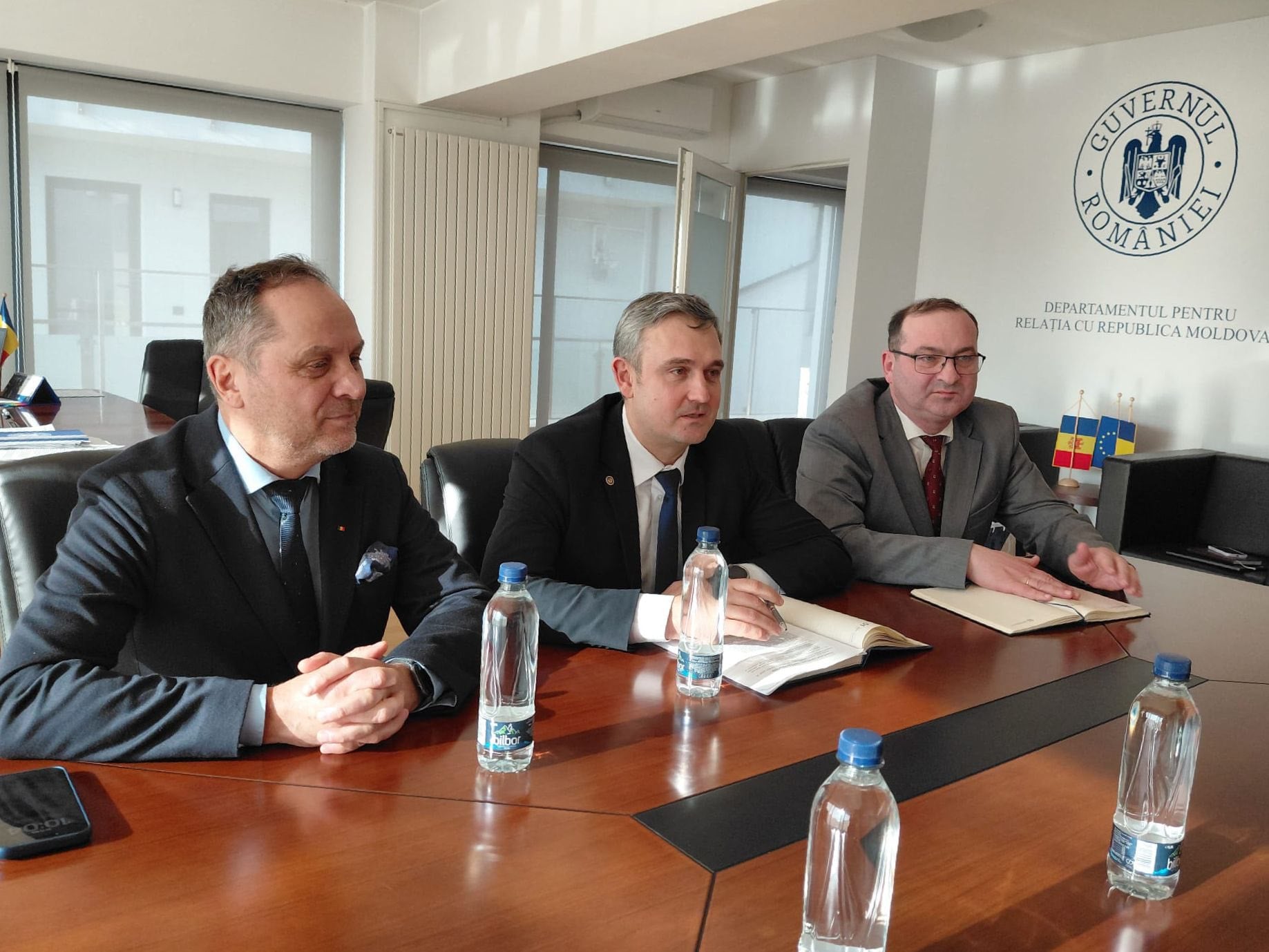

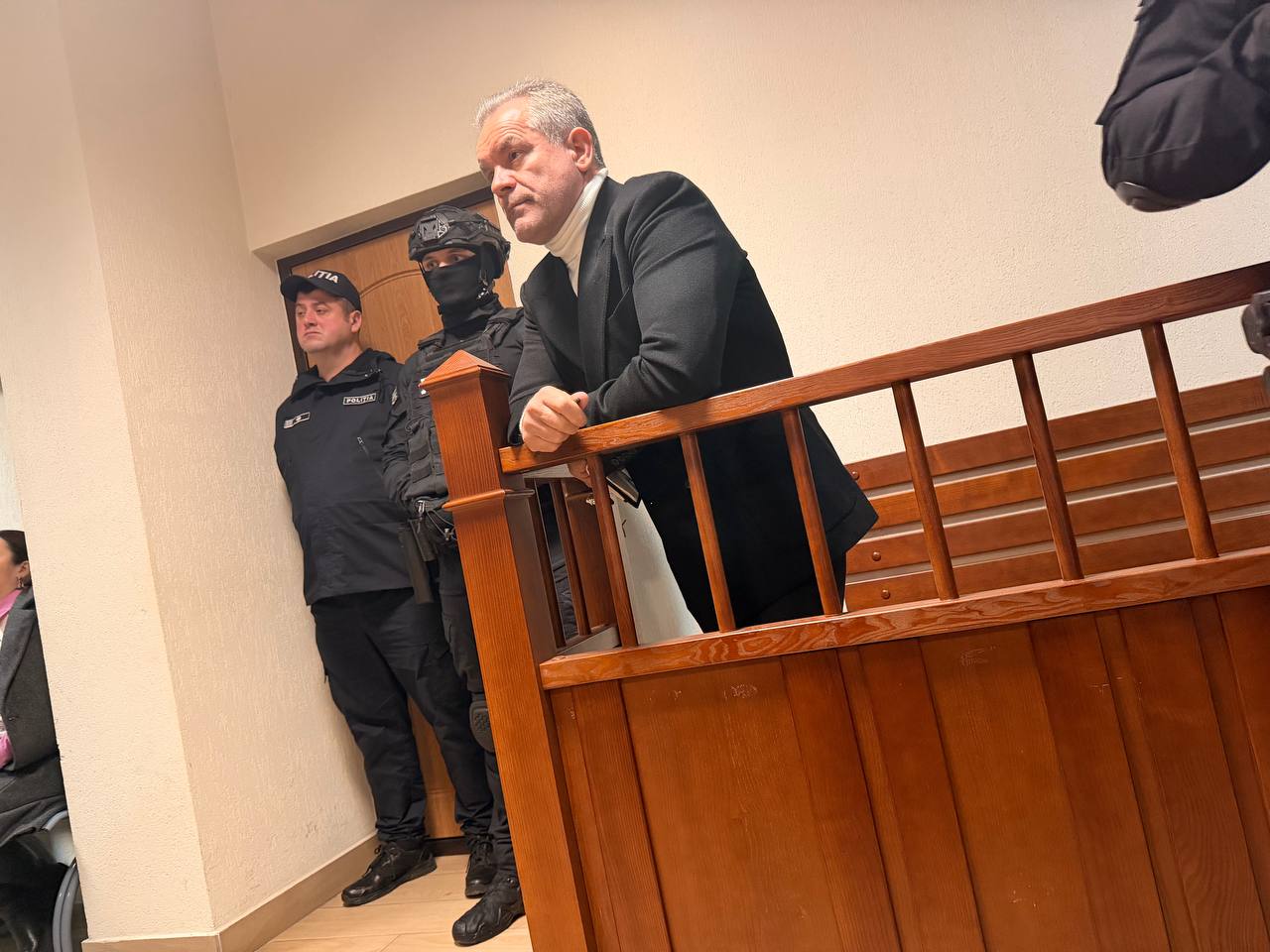
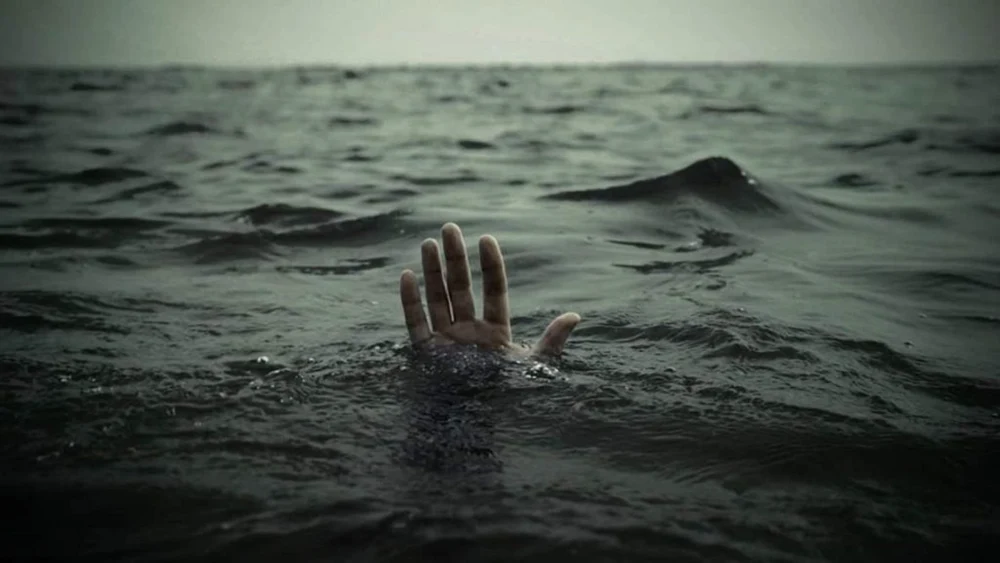








Comentează